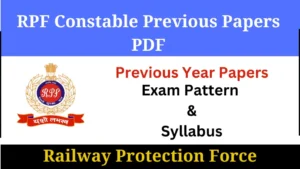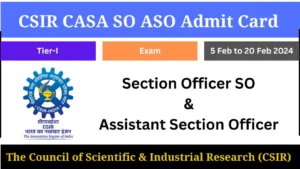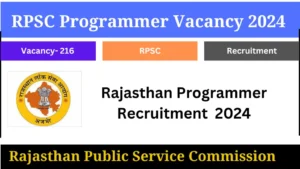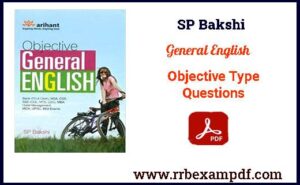Direct and Indirect Speech exercises: Competitive exams often include a section on English grammar, where understanding the rules of direct and indirect speech is crucial. Direct and indirect speech, also known as reported speech, direct and indirect speech exercises pdf involves reporting someone else’s words. In this article, we will explore the essential rules for converting direct speech into indirect speech and provide you with valuable tips to excel in competitive exams.
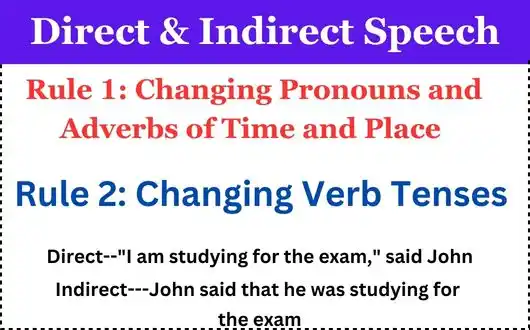
Rules of Indirect and Indirect speech
Rule 1
- Rule 1: Changing Pronouns and Adverbs of Time and Place
(नियम 1: सर्वनाम और समय और स्थान के क्रिया-विशेषणों का परिवर्तन करना)
In direct speech, the pronouns and adverbs of time and place are used as spoken. However, in indirect speech, they are modified to reflect the speaker’s perspective.
(सीधे भाषण में, सर्वनाम और समय और स्थान के क्रिया-विशेषणों का उपयोग उनकी बोली जाती है। हालांकि, अप्रत्यक्ष भाषण में, इन्हें संवेदक की दृष्टिकोण को दर्शाने के लिए संशोधित किया जाता है।) direct and indirect speech exercises pdf
Example : Direct Speech: “I will do it myself,” said Sarah.
Indirect Speech: Sarah said that she would do it herself.
Direct speech: “मैं खुद ही इसे करूंगी,” सारा ने कहा।
Indirect Speech: सारा ने कहा कि उसे खुद ही करेगी।
Rule 2
- Rule 2: Changing Verb Tenses
(नियम 2: क्रिया के कालों को बदलना)
When converting direct speech into indirect speech, the verb tenses may need to be changed to match the reporting verb’s tense. The tense shifts as follows:
(Direct speech को Indirect speech में परिवर्तित करते समय, क्रिया के कालों को संज्ञान के क्रिया के काल के साथ मेल खाने के लिए बदलना पड़ सकता है। क्रिया के Tense निम्नानुसार बदलते हैं:-
- Present Simple becomes Past Simple. (वर्तमान सामान्य का भूतकाल सामान्य होता है।)
- Present Continuous becomes Past Continuous. (वर्तमान चालू भूतकाल चालू होता है।)
- Present Perfect becomes Past Perfect. (वर्तमान पूर्ण का भूतकाल पूर्ण होता है।)
- Past Simple remains Past Simple. (भूतकाल सामान्य भूतकाल बना रहता है।)
- Past Continuous remains Past Continuous. (भूतकाल चालू भूतकाल बना रहता है।)
- Past Perfect remains Past Perfect. (भूतकाल पूर्ण भूतकाल बना रहता है।)
- Future tenses change according to the context. (भविष्य काल के काल विधान के अनुसार बदलते हैं।)
Example (English): Direct Speech: “I am studying for the exam,” said John.
Indirect Speech: John said that he was studying for the exam.
direct and indirect speech exercises pdf
also read: Past Tense with examples
Direct Speech: “मैं परीक्षा की तैयारी कर रहा हूं,” जॉन ने कहा।
Indirect Speech: जॉन ने कहा कि वह परीक्षा की तैयारी कर रहा था।
Direct and Indirect Speech Exercises
Exercise 1: Convert the following sentences from direct speech to indirect speech.
direct and indirect speech exercises pdf
- “I will visit my grandmother tomorrow,” she said.
Answer: She said that she would visit her grandmother the next day. - “I am studying for my exams,” he told his friends.
Answer: He told his friends that he was studying for his exams. - “I have already seen that movie,” they exclaimed.
Answer: They exclaimed that they had already seen that movie. - “Will you come to the party?” she asked him.
Answer: She asked him if he would come to the party. - “Did you finish your homework?” the teacher asked the students.
Answer: The teacher asked the students if they had finished their homework.
Exe. 2: Convert the following sentences from indirect speech to direct speech.
- They informed us that they were going on vacation.
Answer: They said, “We are going on vacation.” - He told her that he loved her.
Answer: He said, “I love you.”
Exercise 3: Rewrite the following sentences in indirect speech, maintaining the original meaning.
direct and indirect speech exercises pdf
- “Did you see the movie last night?” he asked.
Answer: He asked if I had seen the movie last night. - “We are planning a trip to Europe,” they announced.
Answer: They announced that they were planning a trip to Europe. - “Have you completed the assignment?” the teacher inquired.
Answer: The teacher inquired if I had completed the assignment. - “The concert starts at 8 PM,” he informed us.
Answer: He informed us that the concert started at 8 PM.
- RPF Constable Previous Year Papers PDF
- CSIR CASE SO ASO Admit Card OUT for Exam, Download Now
- RPSC Programmer Vacancy 2024, Notification OUT

